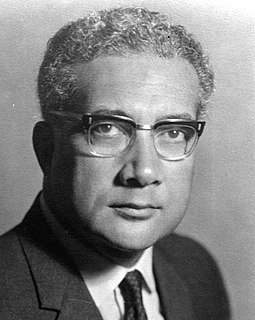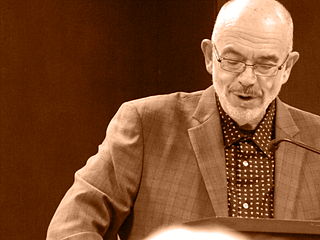A Quote by Johann Wolfgang von Goethe
Life teaches us to be less harsh with ourselves and with others.
Related Quotes
We feel the urge to tell the truth as we see it. But we should try to accomplish this without judgemental condemnations that hurt others. Again, when we remember that what we perceive in another is a reflection of ourselves, we become less judgemental. So when we freely express harsh judgement of another, we are in effect talking about those aspects of ourselves that trouble us the most.
In our concern for others, we worry less about ourselves. When we worry less about ourselves an experience of our own suffering is less intense. What does this tell us? Firstly, because our every action has a universal dimension, a potential impact on others' happiness, ethics are necessary as a means to ensure that we do not harm others. Secondly, it tells us that genuine happiness consists in those spiritual qualities of love, compassion, patience, tolerance and forgiveness and so on. For it is these which provide both for our happiness and others' happiness.
"God is love". His is not a sentimental, emotional kind of love but the love of the Father who is the origin of all life, the love of the Son who dies on the Cross and is raised, the love of the Spirit who renews human beings and the world. Thinking that God is love does us so much good, because it teaches us to love, to give ourselves to others as Jesus gave himself to us and walks with us. Jesus walks beside us on the road through life.
To see ourselves as others see us can be eye-opening. To see others as sharing a nature with ourselves is the merest decency. But it is from the far more difficult achievement of seeing ourselves amongst others, as a local example of the forms human life has locally taken, a case among cases, a world among worlds, that the largeness of mind, without which objectivity is self-congratulation and tolerance a sham, comes.
When we are really honest with ourselves we must admit that our lives are all that really belong to us, so it is how we use our lives that determines what kind of men we are. It is my deepest belief that only by giving life do we find life, that the truest act courage, the strongest act of manliness is to sacrifice ourselves for others in a totally non-violent struggle for justice. To be a man is to suffer for others, God help us to be men.
We would willingly have others perfect, and yet we amend not our own faults. We would have others severely corrected and will not be corrected ourselves. The large liberty of others displeases us, and yet we will not have our own desires denied us. We will have others kept under by strict laws, but in no sort will ourselves be restrained. And thus it appears how seldom we weigh our neighbor in the same balance with ourselves.
The remarkable thing is that we really love our neighbor as ourselves: we do unto others as we do unto ourselves. We hate others when we hate ourselves. We are tolerant toward others when we tolerate ourselves. We forgive others when we forgive ourselves. We are prone to sacrifice others when we are ready to sacrifice ourselves.






































